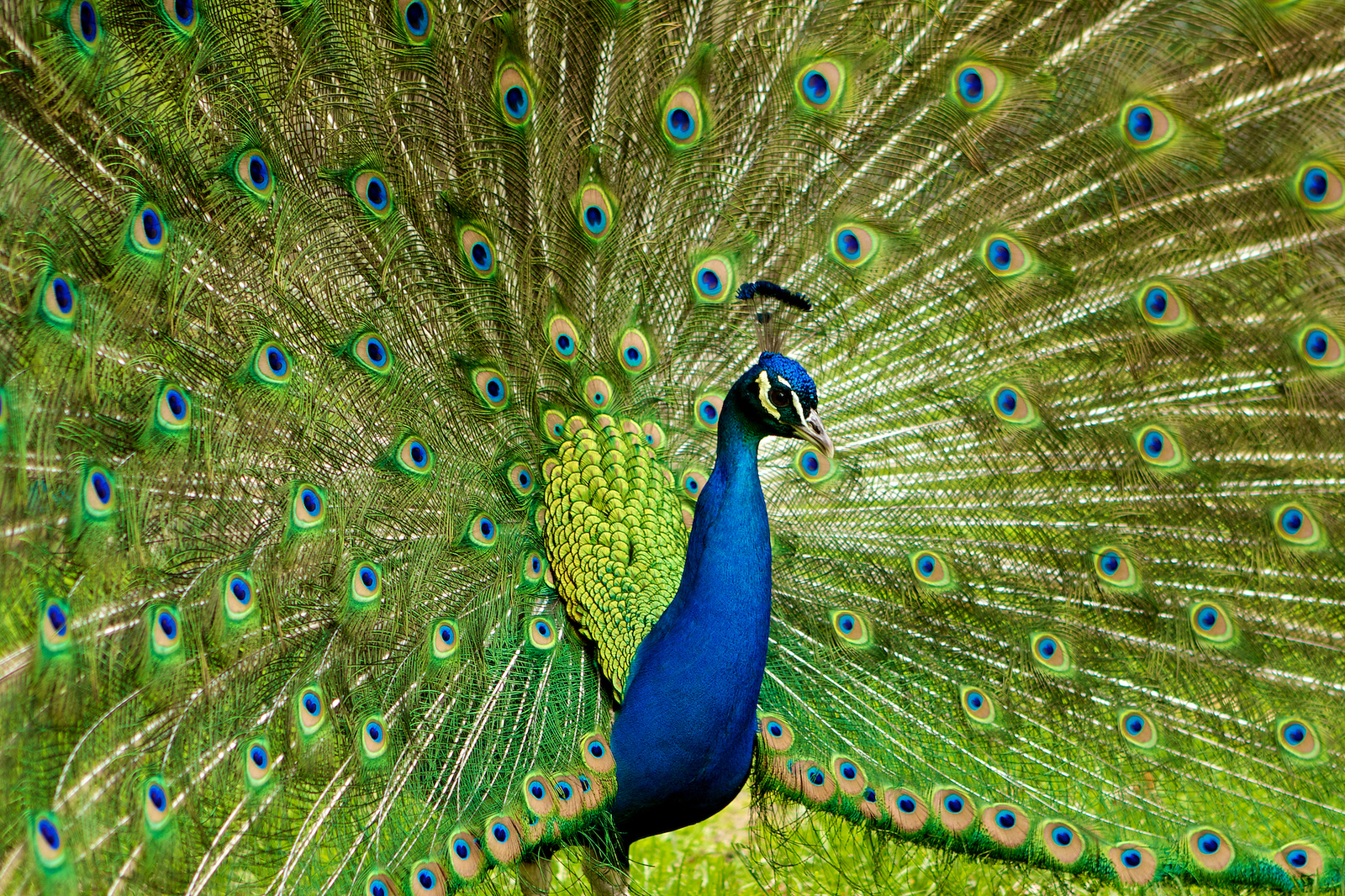In 1859, popular didactic writer William Landels published the first edition of what proved to be one of his best-selling works, How Men Are Made. "It is by work, work, work" he told his middle class audience, "that you rise out of things and into men". As we have seen elsewhere, during the nineteenth century Natural Science had an uncertain gendered identity; was it manly work or a feminine leisure activity? In the correspondence we find a community of men keen to align Naturalism with the laborious world of work.
As this selection of correspondence will show, in letters exchanged between male Naturalists we often find Natural Science envisaged as a physically and morally laborious pursuit which draws less on intellect and feeling than it does on manly reserves of perseverance, energy, determination and pugnacity. In describing what they did using the language of labour, Darwin and his male colleagues asserted both to themselves and to one another the manliness both of Natural Science and Natural Scientist.
Associated selected readings.
Discussion Questions
1. Which elements of the scientific process do Darwin and his male correspondents tend to emphasise and celebrate?
2. How do the correspondents praise one another's scientific work? How does this differ from how Darwin praised women's work?
3. What implications might constructing science as "labour" have had for women's participation in the world of science?
Letters
Letter 282 - Darwin to Fox, W. D., [9 - 12 August 1835]
Darwin discusses with Fox his love of geology. It is a “capital” and simple science which requires little more than “a little reading, thinking and hammering”.
Letter 1533 - Darwin to Dana, J. D., [27 September 1853]
Darwin praises Dana’s latest work, On Coral Reefs and Islands. The size of the work and the labour bestowed on it are “really surprising” and Darwin hopes that Dana’s health withstood the considerable labour involved in producing such a magnum opus. In a subsequent letter, Darwin describes Dana’s publications as “monuments of labour and talent”.
Letter 1578 - Darwin to de Bosquet, J. A. H., [13 August 1854]
Darwin praises de Bosquet on the the publication of his work on fossils. He draws particular attention to the “infinite labour” that de Bosquet has bestowed on the subject.
Letter 2669 - Bunbury, C. J. F. to Darwin, [30 January 1860]
Bunbury writes to Darwin with feedback on Origin. The book is, first and foremost, a work of “astonishing labour and patience”.
Letter 4262 - Darwin to Gray, A., [4 August 1863]
Darwin tells Gray about his recent botanic work. He has "worked Lythrum like a Trojan”. He has just finished 134 crosses which was “no slight labour”.
Letter 3901 - Darwin to Falconer, H., [5 & 6 January 1863]
Darwin gives feedback on Falconer’s paper on the American fossil elephant. It is an interesting and well worked out paper on which Falconer has worked very hard. Darwin hopes that Falconer’s extreme labour has not depleted completely his health and strength.
Letter 4000 - Darwin to Dana, J. D., [20 February 1863]
Darwin praises Dana’s latest work, Manual of Geology. It is, Darwin says, “a monument of labour”.
Letter 4185 - Darwin to Scott, J., [25 & 28 May 1863]
Darwin praises Scott’s observations and experiments. Darwin draws particular attention to the extent of Scott’s work, his exertion and stamina; “What a wonderful, indefatigable worker you are!”.
Letter 4997 - Wallace, A. R. to Darwin, [4 February 1866]
Wallace laments the sense of lacking productivity which comes from a life of sedentary writing. Imagining scientific investigation as a physical and laborious process, he envies Darwin and other “hard working Naturalists’” ability systematically to collect and arrange facts.
Letter 8153 - Darwin to Darwin, W. E., [9 January 1872]
Darwin thanks his son, William, for checking the proofs of a new, sixth edition of Origin. Darwin thanks William for his “grinding work” and acknowledges the “labour and anxiety” involved in the editorial process.
Letter 9157 - Darwin to Darwin, G. H., [20 November 1873]
Darwin offers the work of editing the second edition of Descent to his son, George. Darwin warns George that it will be tedious work. He has consulted Mr. Bates who has suggested a wage of around 30 guineas for such “labours”.



